European Civilization: R.I.P.
In early September 1999, on a combined business/pleasure trip to Europe, I had my one and only opportunity to cross the English Channel on a hovercraft from Dover to Calais. However, since the hovercraft Princess Margaret and Princess Anne were temporarily out of service, it became necessary to cross the channel aboard the Seacat Great Britain from Folkstone, south of Dover, to Boulogne on the French seacoast, some 30 miles south of Calais.
Arriving in Calais on a Sunday afternoon, we found the Avis rental car agency at the Calais train station was closed for the day. However, the manager of Avis’s Calais office was kind enough to interrupt his day off long enough for us to obtain our reserved rental car. It also gave us a few hours to tour the town centre of that beautifully restored city that was all but leveled during World War II. But life in Calais has changed dramatically in the past fifteen years and it is unlikely, given local conditions, that Avis or Hertz still maintains rental agencies in Calais.
On January 4, 2016 I published a column questioning whether we are now witnessing the end of European civilization. In that column, I questioned how people in the U.S. and Europe would respond to the bloodshed that is certain to occur when millions of well-armed muhajirs flood into Europe. When asked by German journalist Jurgen Todenhofer if ISIS was prepared to kill every Shiite Muslim on Earth, ISIS leader Abu Bakr al-Baghdadi scoffed, “One-hundred fifty million or 500 million, we don’t care; it’s only a technical problem for us. We are ready to do that.”
So if ISIS considers the difference between killing 150 million or 500 million Shia to be a mere “technicality,” how will the people of Europe handle a full-scale onslaught by such people? Will they be prepared to do whatever is necessary to save European civilization, or are they simply too war weary from having two world wars fought on their soil to even defend themselves? The answer to that question becomes clearer with each passing day, and nowhere do we see a greater example of European spinelessness than in present-day Calais. To illustrate, I will quote a recent speech by a French housewife named Simone, a lifelong resident of Calais. She said:
“My name is Simone, and I live in Calais. I am a native Calaisienne. My parents were also… I have always lived there and Calais used to be a very nice town… We had peace, we had security, and there were always a lot of people about in summer and in winter…”
Then she went on to describe how former Interior Minister Nicolas Sarkozy had decided to close the nearby Sangatte refugee camp, causing the inhabitants to descend upon Calais. She said, “Even I, at the beginning, I said they are unhappy people. They are lost. They have nothing. Maybe we could help them. And I cannot tell you how it happened from one day to the next, but we soon found ourselves with thousands. I say thousands of migrants… actually, at the moment, there are 18,000 in what they call the ‘Jungle.’ Yes, 18,000.
“It’s terrible because they really made a city within the city. They have discotheques, shops,
schools, hairdressers. They even have… er… no, I cannot say it but I think you understand… for
the needs of the gentlemen, of course. They made roads; they gave names to these streets. They elected a mayor. Yet, the police cannot enter what they call the ‘Muslim part.’ It is prohibited.
“Until then, we could perhaps have been able to bear it, but one cannot bear the unbearable. When one sees that, incessantly, every day, every night, there are riots. They come to the town centre… two, three, four thousand, everywhere. They bash cars with iron rods, they attack people. They even attack children. There are rapes, there is theft, it is unimaginable what we suffer. They enter private houses when people are at home. They just enter; they want to eat; they help themselves. Sometimes they also bash the people, stealing what they can, and afterwards, what they cannot take they destroy. And when we want to defend ourselves we have the police on our backs. The police have not accepted any complaints for a long time.
“My own son has been attacked. He was walking quietly in the city centre. He was listening to his music. He had the earphones in his ears when someone tapped him on the shoulder. He turned around, thinking it was one of his friends. Instead, he was facing three clandestins (illegals) and he took a big blow to the face with an iron bar. My son is quite strong, so he managed to defend himself and the three took some blows. But then he heard some noise. There were about thirty migrants who came to massacre him. As he is no kamikaze, he fled. When I saw my son come home like that, frankly, I told myself they could have killed him…
“They attack children when they return from school, or when they go to school or to the college. They go so far as to take the school buses, enter the school bus with the children. On January 23rd they started a big riot in Calais. It was terrible… They went as far as attacking the statue of General De Gaulle. They wrote on it, ‘F_ _ _ France,’ with the ISIS flag underneath… They demonstrate because of their conditions, but the more one gives them the more they demand…
“I loved very much to go to what I call the ‘grave’ of my son… it’s at the sea. I lost my son and we put his ashes into the sea. It was his wish; I respected his wish. I said to my husband in the evening, ‘Take me to the grave of my son. I need it. I cannot do it any longer because even just to cross the town centre of Calais you put yourself in danger. In the evening, as soon as it gets dark, one is in danger. I cannot go there any longer, where I loved to go. I cannot any more (sobbing), it’s not possible. I am afraid. I’m afraid and there are many like us in Calais…
“The government has abandoned us. They have decided to make of Calais a (wasteland), and if we don’t move we will be burdened with all the migrants of France here and we are finished. We are dead. And the Calaisians are like sheep. I don’t understand them. Yesterday I was in that (anti-Islam) demonstration; I was in the middle of it with my husband, my son, and friends. And there was General (Christian) Piquemal… And what I saw yesterday I won’t hide it from you. I could not sleep all night because I have reviewed the scene incessantly. They did not talk about it on the TV, the radio, not even in the newspapers. We saw him arrested, manhandled like a thief. He who, after all, is a French icon, an image of France who deserves respect and all the honours due to his rank. Like a thug, we saw him pushed to the ground. The policeman put his foot on his neck. I promise you. We saw it.
“Even the merchants have lost 40-60 percent of their income, whereas before, Calais was a
flourishing city; it was lively, animated, gay. There were always foreigners during the summer holidays and at the end-of-year celebrations. Today, there is nothing left. All the shops that had opened in the centre of town have closed down, one after the other. Calais is a dead town… And when they come into town armed with their iron bars and their Molotov cocktails, watch out.
“And let’s speak about Madame Bouchart, the Mayor of Calais (hisses and boos). I will tell you what I call her. I call her ‘the slug.’ Yes, because the longer it is since she was elected mayor of Calais, the fatter she gets. And frankly, she does nothing for the residents of Calais. She got millions of Euros in assistance for the residents of Calais. It was for helping the Calaisians, to help them in finding employment. The first thing she organized was the construction of containers to house the migrants. She had them made in Brittany, not even in Calais. The only jobs she created in Calais… I know it because I have a friend who was offered one… were fifty jobs to clean up the crap left by the migrants… Voila! The jobs proposed by Mme. Bouchart.
“And now there is something more: the ‘No Borders’ (organization). It is the worst rabble you can have because they are the ones who push the illegals we have in Calais to create havoc. Let’s call it ‘screw things up,’ but it’s much worse than that. They are at the four corners of town with their walkie-talkies giving orders. I have seen the riot police retreat before the migrants. This made me cry because I told myself that’s not normal. It’s not normal. We are in our homes, we are in our country, we are in our town. The riot police should rather order the migrants to step back, and not the reverse. So they demonstrate because they want €2,000 pocket money per month… They want a car, and also a house, of course.
“Let’s speak about houses. When we see that Mme. Bouchart has evicted people from their homes in Calais, which were close to the zone of ‘Les Dunes,’ because it was not viable for them. Because the migrants were too close, they suffered attacks, theft, and more. She has evicted them even though they paid their rent. Even I, they are evicting me from my house next month. They are taking my house from me, and yet we have always been honest. But it’s too long a story. There was a judgment and they will sell my house next month, when there is nothing we can be reproached with.
“My husband is sick; he has cancer… but never mind. The French have to be crushed, they have to be evicted. One has to take everything from them to leave the space for the rabble who want to colonize us. And they tell us these are ‘cultural enrichments’ for us. I ask myself where their cultural riches are. Because if it is to sack, to destroy, to steal, to rape, and so on, the French were fully capable of doing it themselves. One only has to ask…”
With an all-out, no-holds-barred effort by the civilized world, the forces of ISIS can be utterly destroyed. But even if we are able to achieve that result, we must also understand that this will not be the end of the matter. Even if Islam is temporarily chastened by the loss of millions, they will lick their wounds for a time and then they’ll be back with even greater bloodlust than before.
The 18,000 Muslims who now clog the French end of the Chunnel at Calais want nothing more than to find their way into England where Islam has a major foothold… a foothold that is nothing more than a jumping off point for the U.S. What is now happening in Calais will soon happen in U.S. cities such as Dearborn and Hamtramck. Are we prepared for that, or does political correctness demand that we continue to hope for Muslim “moderation?”
You be the judge.
RELATED ARTICLE: The Next Syrian Refugee Crisis: Child Brides
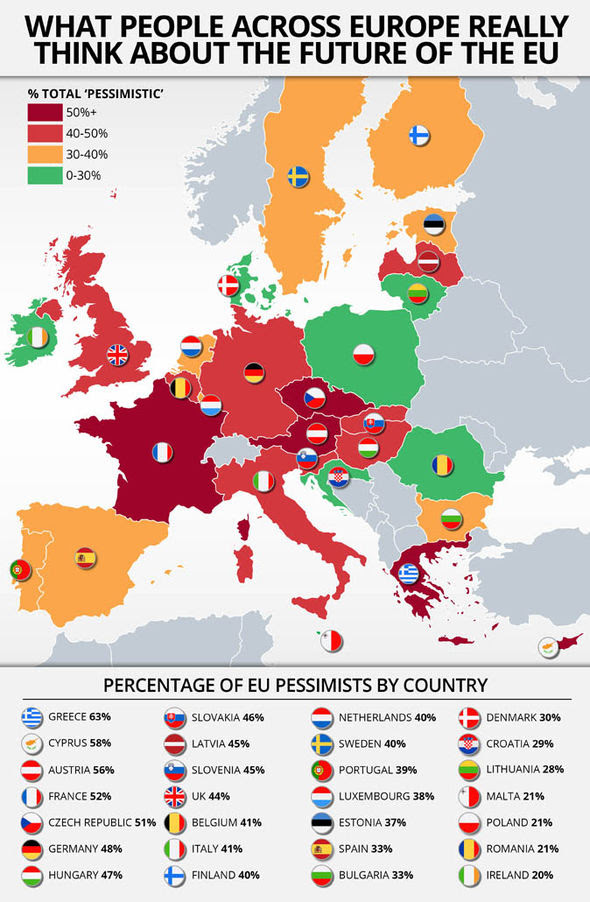








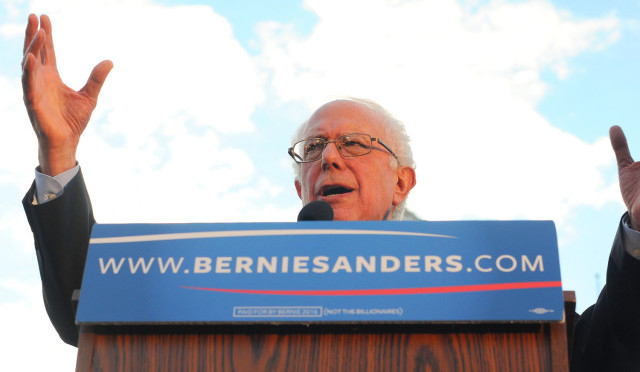






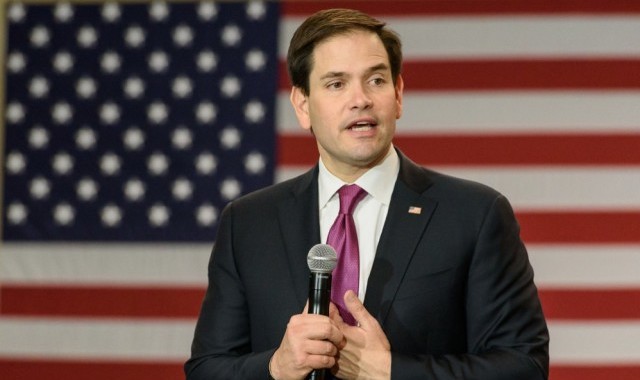

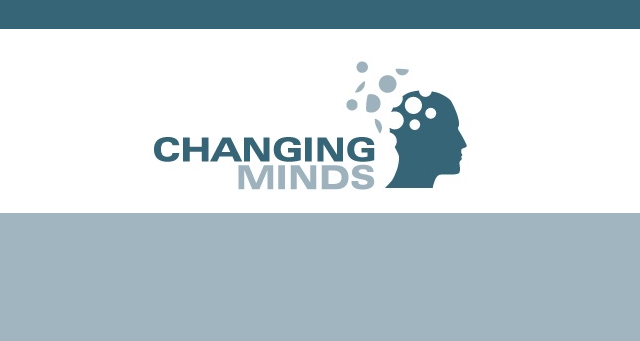
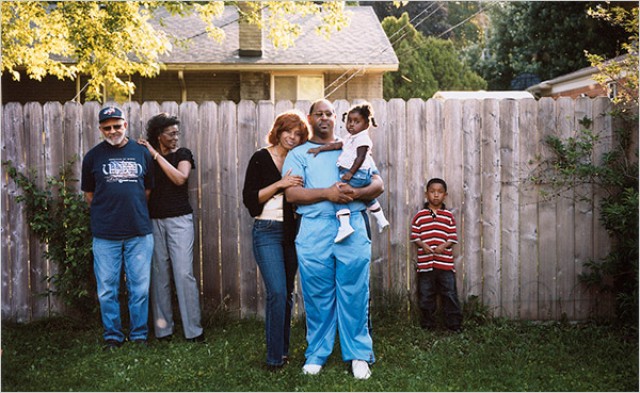

 Presidential Candidates Must be Asked to Respond.
Presidential Candidates Must be Asked to Respond. ABOUT FAIR
ABOUT FAIR 
 RELATED ARTICLES:
RELATED ARTICLES: